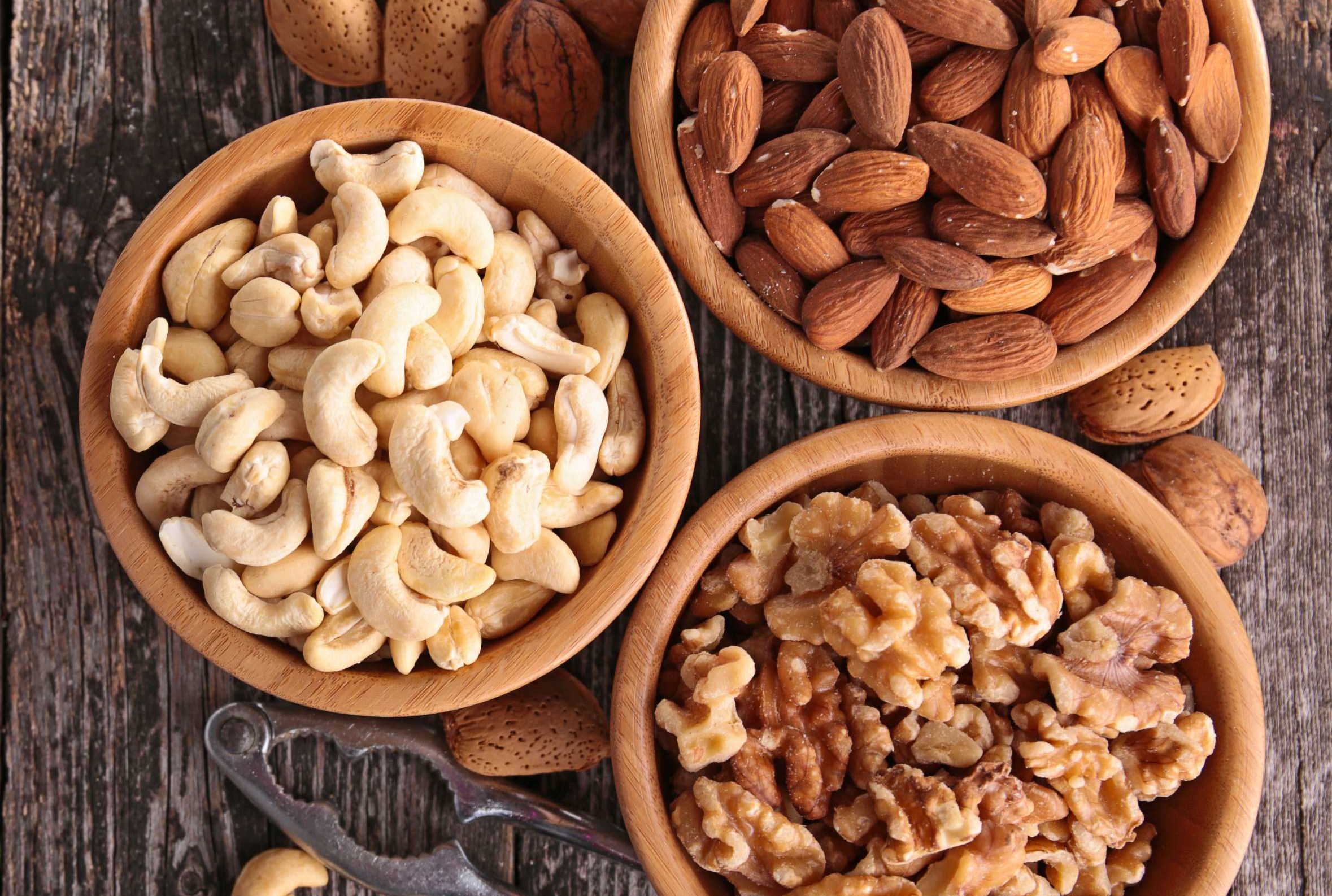How to Export Coconuts, Brazil Nuts, and Cashews From Nigeria
How to Export Coconuts, Brazil Nuts, and Cashews From Nigeria
The Nigerian economy is heavily dependent on cash crops for export, such as cocoa, palm oil, and peanuts. These crops have been a major source of income for the country. However, Nigeria’s agricultural exports have been affected by various factors that have contributed to a decline in the prices of these commodities, such as a lack of stability in global markets and changes in consumer preferences. In response to this situation, Nigeria’s government has implemented a number of policies aimed at boosting agricultural output and improving the competitiveness of its exports. The government has also taken steps to improve trade relations with other countries outside the African continent.
Nigeria is also looking to establish partnerships with other countries or regions where there are strong demand for products like coc
The Nigerian Economy
Nigeria was Africa’s largest economy until recent years, but it has been overtaken by South Africa. Nigeria’s national currency is the naira.
Nigeria is a member of the Commonwealth of Nations and the African Union. As a developing country, Nigeria has been experiencing economic growth for the last decade. In fact, Nigeria’s GDP grew from $6,878 in 1990 to $6,878 in 1990 to $6,878 in 1990 to $6,878 in 1990 to $6,878 in 1990 to $6,878 in 1990 to $6,878 in 1990 to $6,878 in 1990 to $6,878 in 1990 to $6,878 in 1990 to $6,878 in 1990 to $6,878 in 1990 to $6,878 in 1990 to $6,878 in 1990 to $6,878 in 1990 to $6,878 in 1990 to $6,878 in 1990 to $6,878 in 1990 to $6,878 in 1990 to $6,878 in 1990 to $6,878 in 1990 to $6,878
Cocoa, Palm Oil, and Peanuts
Cocoa, palm oil, and peanuts are the major cash crops for export from Nigeria.
In Nigeria, cocoa, palm oil, and peanuts are the major cash crops for export. These crops have been a major source of income for the country. However, Nigeria’s agricultural exports have been affected by various factors that have contributed to a decline in the prices of these commodities, such as a lack of stability in global markets and changes in consumer preferences.
In response to this situation, Nigeria’s government has implemented a number of policies aimed at boosting agricultural output and improving the competitiveness of its exports. The government has also taken steps to improve trade relations with other countries outside the African continent.
Nigeria is also looking to establish partnerships with other countries or regions where there are strong demand for products like coconuts, Brazil nuts, and cashews.
Nigeria’s Agricultural Export Policies
Nigeria is looking to establish partnerships with other countries or regions where there are strong demand for products like coconut and cashews. They are also looking to increase the number of Nigerian-based processing plants, as well as invest in research and development of new products.
Nigeria is also looking to increase the number of Nigerian-based processing plants, as well as invest in research and development of new products.
The government has also taken steps to improve trade relations with other countries outside the African continent.
The Nigerian government has implemented a number of policies aimed at boosting agricultural output and improving the competitiveness of its exports.
In response to this situation, Nigeria’s government has implemented a number of policies aimed at boosting agricultural output and improving the competitiveness of its exports.
Nigeria’s government has also taken steps to improve trade relations with other countries outside the African continent.
Partnership with other countries
Nigeria is looking to expand its exports to other parts of the world. Specifically, Nigeria is seeking to establish partnerships with other countries or regions where there is a strong demand for products like coconuts, Brazil nuts, and cashews. In January 2017, Nigeria’s Ministry of Agriculture and Rural Development signed a memorandum of understanding with the government of Japan to collaborate on boosting Nigeria’s agricultural production and boosting exports.
Under this agreement, the Japanese government will provide Nigeria with a ¥1 billion loan for the development of a cocoa processing plant in Imo State, as well as a ¥3.2 billion loan for the purchase of fertilizer and other inputs for crops to be exported to Japan. This loan will cover 100% of the import cost of fertilizers and other agricultural inputs as well as an interest rate as low as 0.1%.
The agreement also includes a ¥20 billion loan for the construction of a fertilizer factory in Nigeria and a ¥5 billion loan for the purchase of farm equipment and machinery for cocoa and palm oil processing factories.
Nigeria also hopes to export more than two million tons of palm oil and two million tons of raw cocoa beans to Japan each year. These exports will be used as raw materials for
Conclusion
Nigeria’s agricultural export revenues are not what they used to be. However, the Nigerian government has taken steps to improve trade relations with other countries outside the African continent, as well as take steps to boost productivity. The Nigerian government is also looking to establish partnerships with other countries or regions where there are great demand for products like coconuts, Brazil nuts, and cashews.








LEAVE A COMMENT
You must be logged in to post a comment.